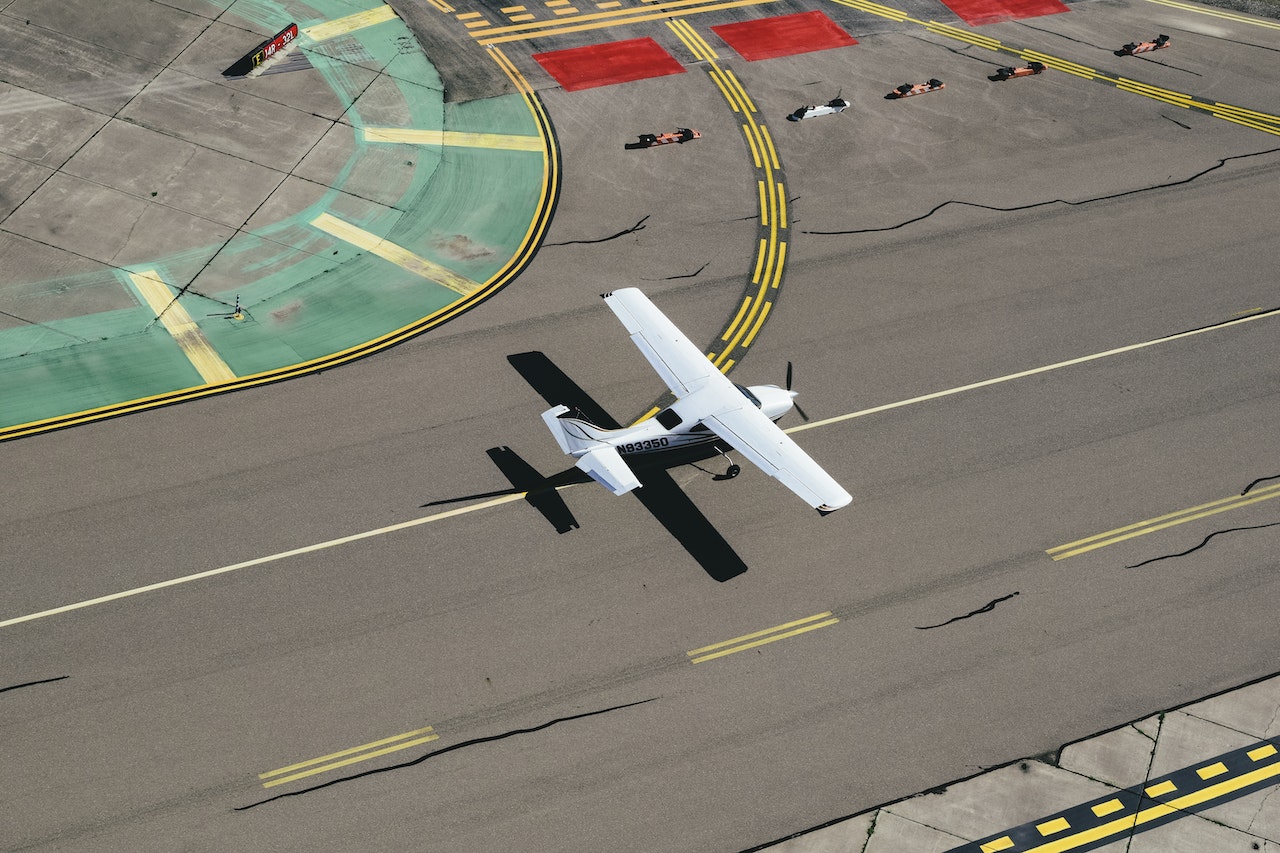It is the responsibility of every aircraft owner to keep their aircraft in top flying condition at all times. Preventing the need for major repairs and extending the life of your plane, regular maintenance is essential. Take care of your private airplane like an expert with these five pointers.
1. Follow the Manufacturer’s Maintenance Schedule
It is essential to keep in mind that the maintenance plan provided by the manufacturer is formulated in a way that is individual to the model and make of your aircraft, taking into consideration the one-of-a-kind characteristics and parts of the aircraft. If you deviate from this plan, it might result in unanticipated problems or damages that otherwise could have been avoided.
In addition, if you follow up with the recommended maintenance schedule, it will help protect the value of your aircraft over time, which will make it more appealing to prospective purchasers if you ever decide to sell it. You may help build a positive reputation for yourself as a diligent and responsible aircraft owner by proving that you are committed to safety by following the instructions provided by the manufacturer.
Don’t forget to maintain detailed records of all the maintenance actions you do; doing so will not only help you remain on top of forthcoming responsibilities but will also give evidence that you are complying with FAA requirements.
2. Keep Your Aircraft Clean
If you forget to clean your aircraft, you might be putting passengers’ lives in danger, in addition to the technical problems that dirt and debris create. The accumulation of debris on your aircraft may reduce your vision and cause damage to the outside of the plane, which puts you at a higher risk of being involved in an accident.
Maintaining a high level of cleanliness may also assist in avoiding corrosion and rusting, both of which can cause the structure of the aircraft to become compromised over time. Your aircraft’s resale value may be improved by routine cleaning and maintenance to maintain it in the best possible condition for potential buyers.
In addition, keeping your aircraft clean is a professional approach to promoting yourself as a responsible and safety-conscious pilot, which may have a beneficial influence on your reputation in the aviation sector if you work in that area.
3. Perform Regular Inspections
It is essential to do periodic in-depth inspections of your aircraft supply, components, and accessories. Furthermore, pre-flight checks as well as monthly inspections are also crucial. This may entail doing more in-depth inspections of the vehicle’s engine, fuel system, electrical system, and any other vital components. There is a possibility that regulatory bodies may mandate these examinations, or that the maker of the aircraft will advise them.
It is essential to adhere to these criteria and make certain that certified professionals are responsible for carrying out all inspections. You can assist to ensure that your aircraft is always in excellent condition by doing routine checks, which will help to reduce the risk of unforeseen problems occurring while you are in the air.
4. Address Issues Promptly
If you choose to disregard issues or put off repairs, there is a possibility that your aircraft may suffer expensive damage or lose value altogether. If you ignore even relatively small problems, you may end up having to make more substantial repairs or replace critical components, both of which may be a considerable financial strain.
In addition, failure to resolve issues in a timely manner may lead to an increase in risk during flight operations, which in turn can lead to a reduction in safety for both the pilot and the passengers.
For this reason, it is essential to place a high priority on repairs and maintenance and to solve any problems as soon as they are discovered, to guarantee the aircraft’s continued safety and useful life.
5. Invest in Professional Maintenance
Even if you may undertake certain maintenance operations on your own, it is very necessary to engage in expert maintenance if you want to guarantee the safety and durability of your aircraft.
Employing a qualified mechanic or technician allows for the provision of essential maintenance services, such as regular inspections, oil changes, and other maintenance responsibilities. They are equipped with the knowledge, competence, and experience to maintain your aircraft safely while keeping it in pristine condition.
Conclusion
Keeping your private plane in top shape may be time-consuming and expensive, but it’s necessary for your pilot’s safety and longevity. These five guidelines can help keep your plane in top shape and fly safely for years.
